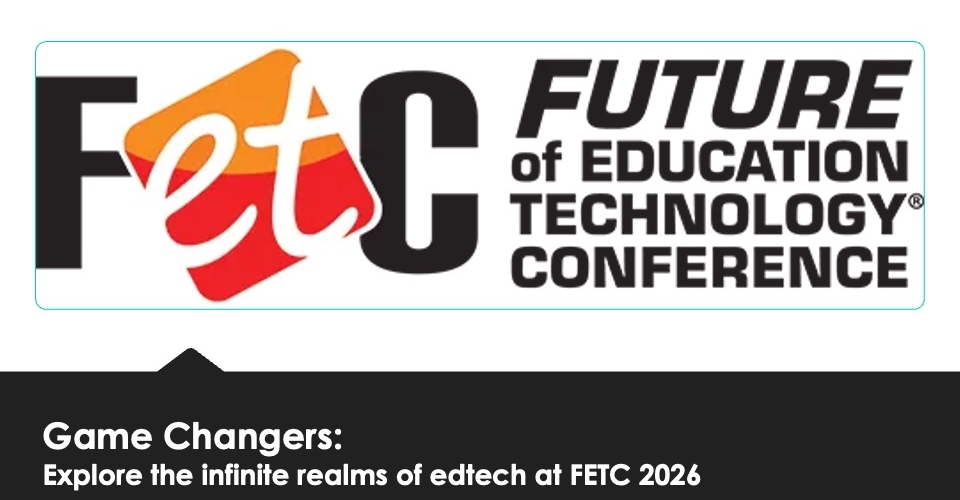Districts aiming to expand student outcomes beyond a degree can now steer students toward high-demand microcredential opportunities offered at the community college level.
At least 100 two-year schools partner with the Community College Growth Engine at the Education Design Lab to develop short-term microcredential programs that correspond to the latest labor market demands.
Among some of the most relevant programs are in information technology, healthcare and advanced manufacturing.
Each digital badge that learners earn after completing a flexible, short-term microcredential serves as a verified, industry-endorsed record of newly acquired skills. Learners who wish to further their studies can pursue a micropathway, which offers a flexible roadmap to stack different microcredentials into a comprehensive certificate.
For example, CUNY LaGuardia Community College offers certificates in data analytics and cybersecurity that can be earned by completing two or more microcredentials.
Ivy Tech Community College in Indiana has partnered with over 450 high schools and career centers to offer over 100 courses in high-demand fields. More than 7,200 students earned credentials before receiving their high school diploma, the majority of which were concentrated in CTE fields, such as welding and automation.
Community college leaders can confidently boast that it’s “their turn and their time,” says Lisa Larson, CEO of the nonprofit Education Design Lab.
More on emerging pathways: Students can now earn a credential from more schools
“Community colleges play a critical role in reframing how learners approach workforce preparation and help employers understand students’ talent journey,” Larson says. “New pathways can be enhanced to drive economic returns.”
While microcredentials were initially used to strengthen CTE-based opportunities, microcredentials are now also building durable soft skills, such as critical thinking, collaboration and communication.
“I think, as we see how AI continues to play a part in our world of work, that these skills will become absolutely dominant in conversations on employability,” Larson adds.
Secondly, President Donald Trump’s budget expanded Pell Grants to short-term, non-degree programs. “Governors want to take as much complexity out of higher education to get to better workforce outcomes faster,” Larson says.
Lisa Larson explores short-term microcredentials with staff writer Alcino Donadel in this podcast in University Business.



